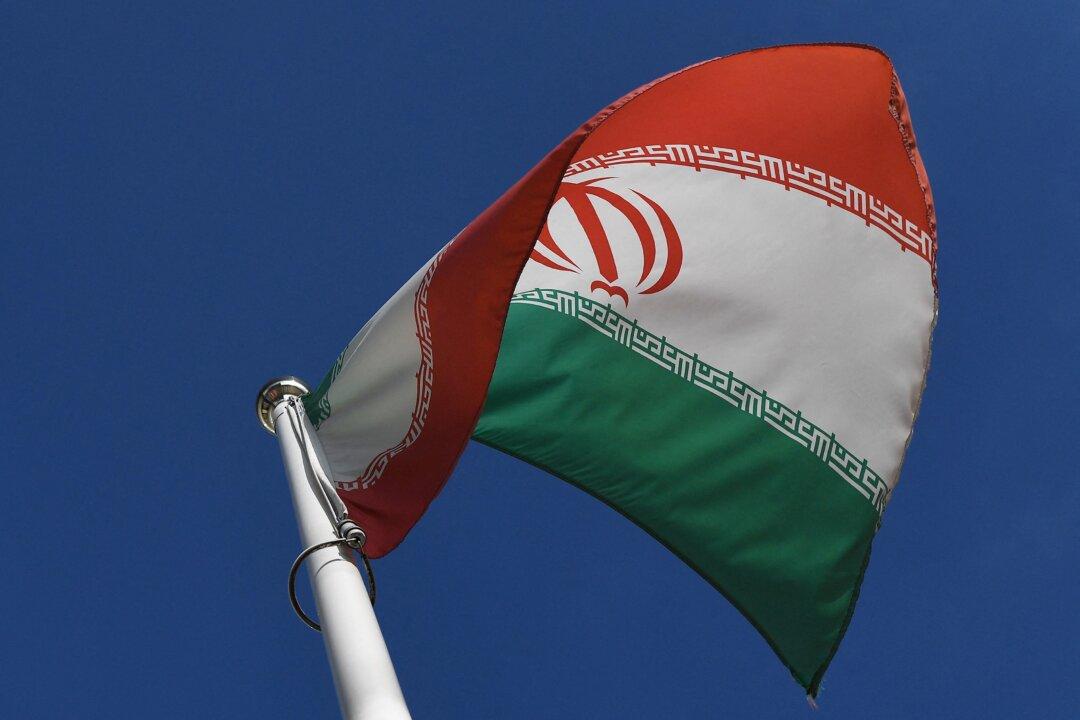Bolivia announced its entry into a security agreement with Iran on July 25, sparking immediate backlash and concern throughout the region. A former high-ranking member of Bolivia’s government says there’s much more at work than the official story, which claims that the agreement will help “fight against smuggling” near the country’s borders.
After five days of silence and speculation over the Bolivian delegation that met with Iranian officials, the administration of leftist President Luis Arce released an official recap of Defense Minister Edmundo Novillo’s visit.





